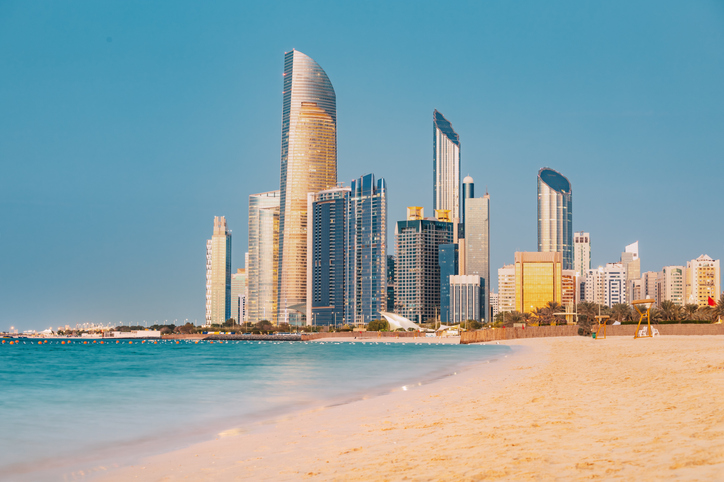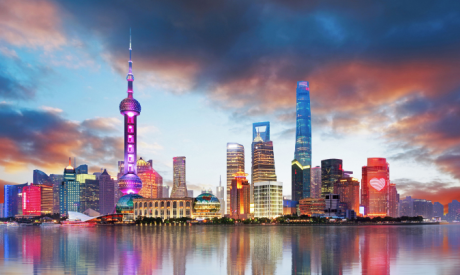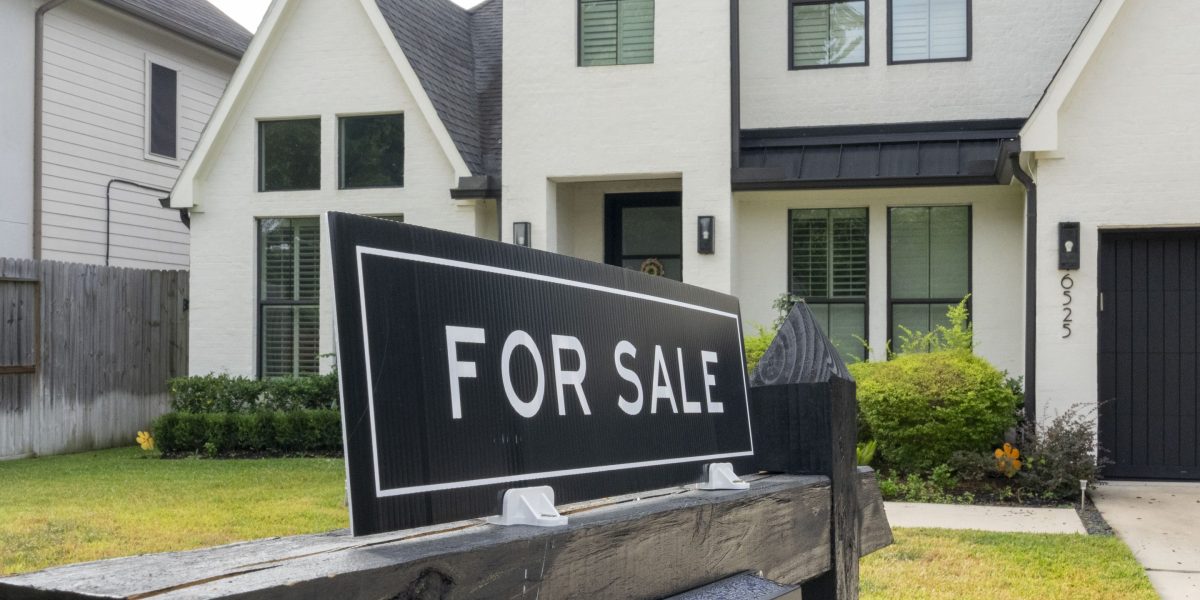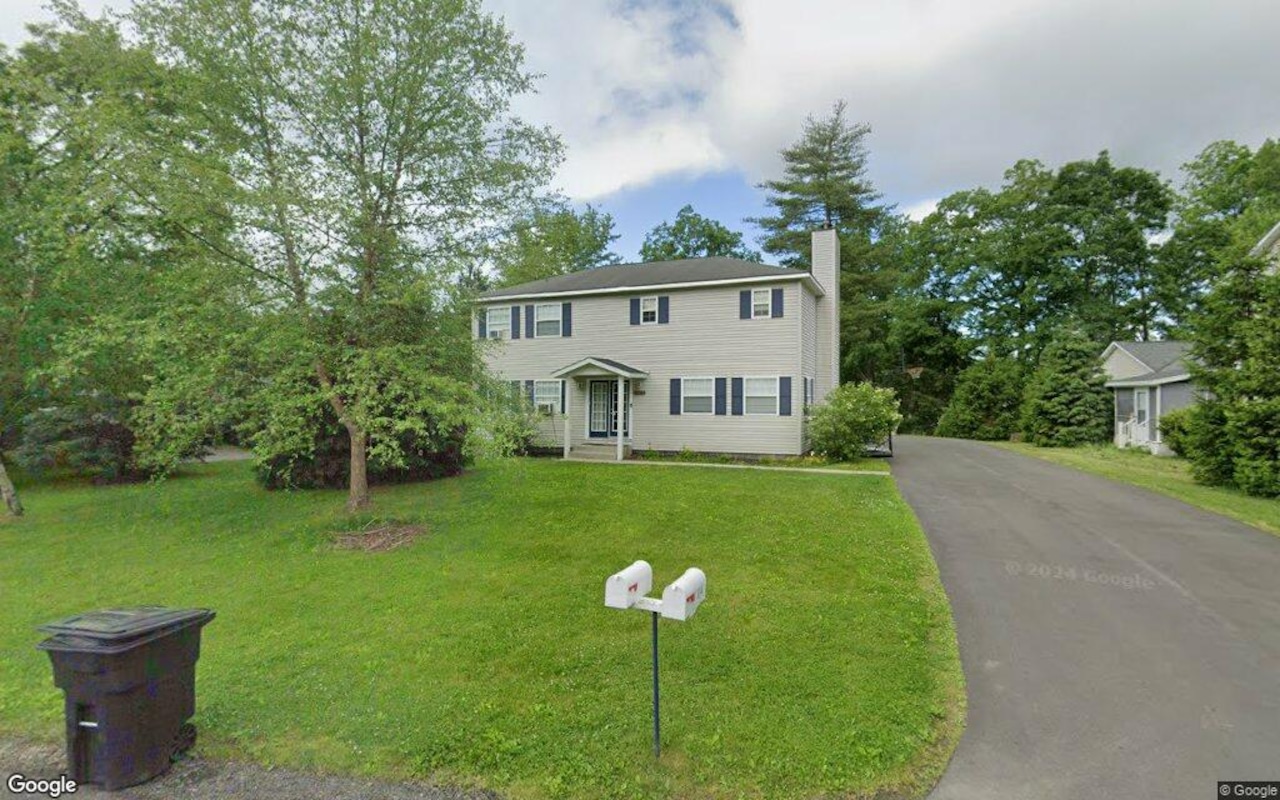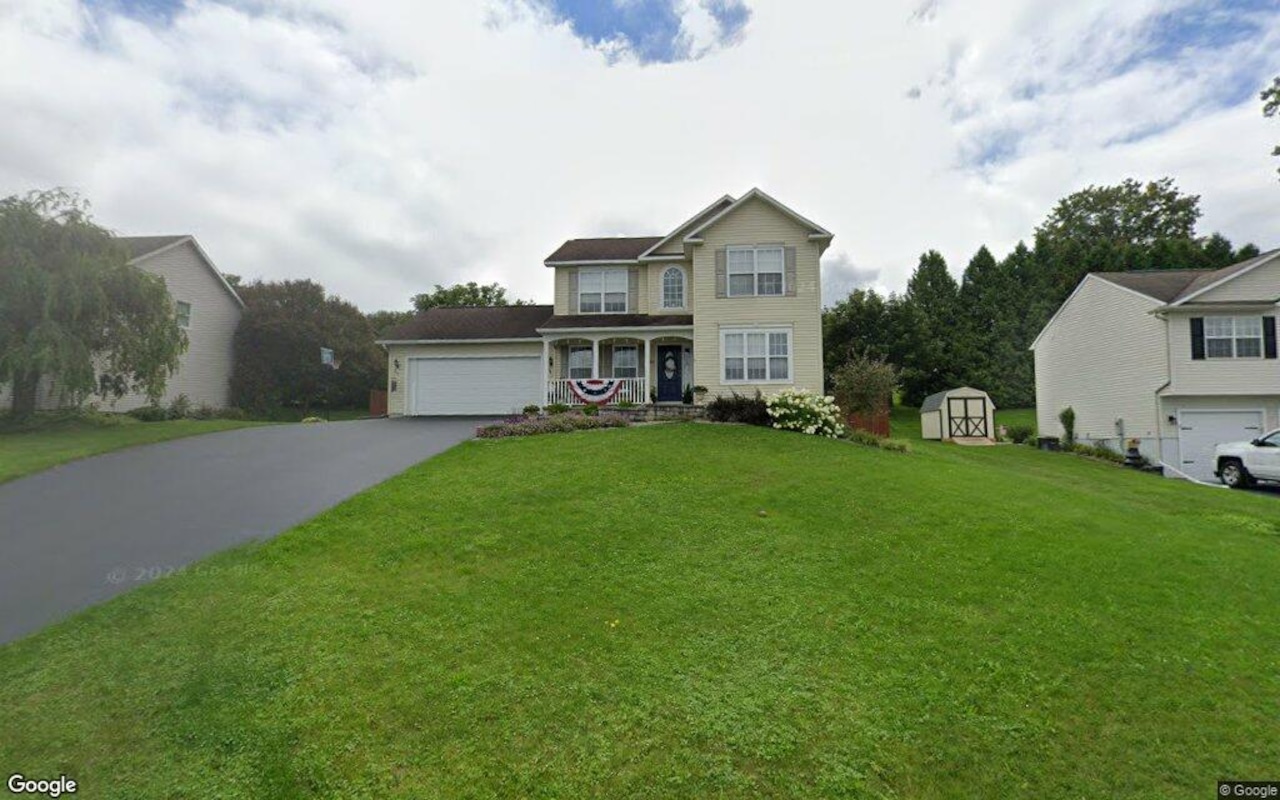T
he lines between hospitality and residential real estate are blurring at an unprecedented pace, with both sectors drawing inspiration from each other to cater to the evolving needs of renters, buyers, and extended-stay travelers. Adam Neumann's Flow is a prime example of this trend, having recently secured a $100M+ funding round.
The new community-fused properties are redefining residential living by incorporating amenities like furnished apartments, yoga rooms, cafes, bars, and gyms. This concept has its roots in European rental apartments, where furnished accommodations have long been the norm. According to Della Terra, a real estate consultancy firm, one of the fastest-growing segments is upscale, flexible living, with major brands expanding apartment-style and extended-stay offerings.
A new standard of amenities is emerging, driven by the convergence of hospitality and residential living. Properties like The Waldorf Astoria Residences are setting a high bar, offering over 50,000 square feet of private amenities, including pools, fitness centers, spas, and dining rooms. Residents also enjoy access to adjacent hotels' services.
Technology is playing a crucial role in streamlining the resident experience, with integrated apps allowing for seamless management of payments, maintenance requests, and community events. Established multifamily buildings are turning to technology providers like Livly and Zego Payments to centralize operations and create a connected experience.
Community-focused living is another key trend, with new developments prioritizing connection and social interaction among residents and the surrounding neighborhood. Curated events, coworking spaces, and communal areas are becoming essential features of modern residential properties.
Several forces are driving this convergence: remote work has reshaped expectations for living and travel; wellness and sustainability are in high demand; and the experience economy is prompting properties to focus on design, local culture, and curated programming. As a result, the industry is responding with luxury condos, apartment-hotels, and community-driven rental residences that prioritize convenience, community, and experience.
In this new era, real estate leaders must adapt by embracing technology, prioritizing wellness and sustainability, and designing spaces that foster genuine connection. The convergence of hospitality and residential real estate is changing how we live, work, and travel – and a new residence is no longer just four walls.


